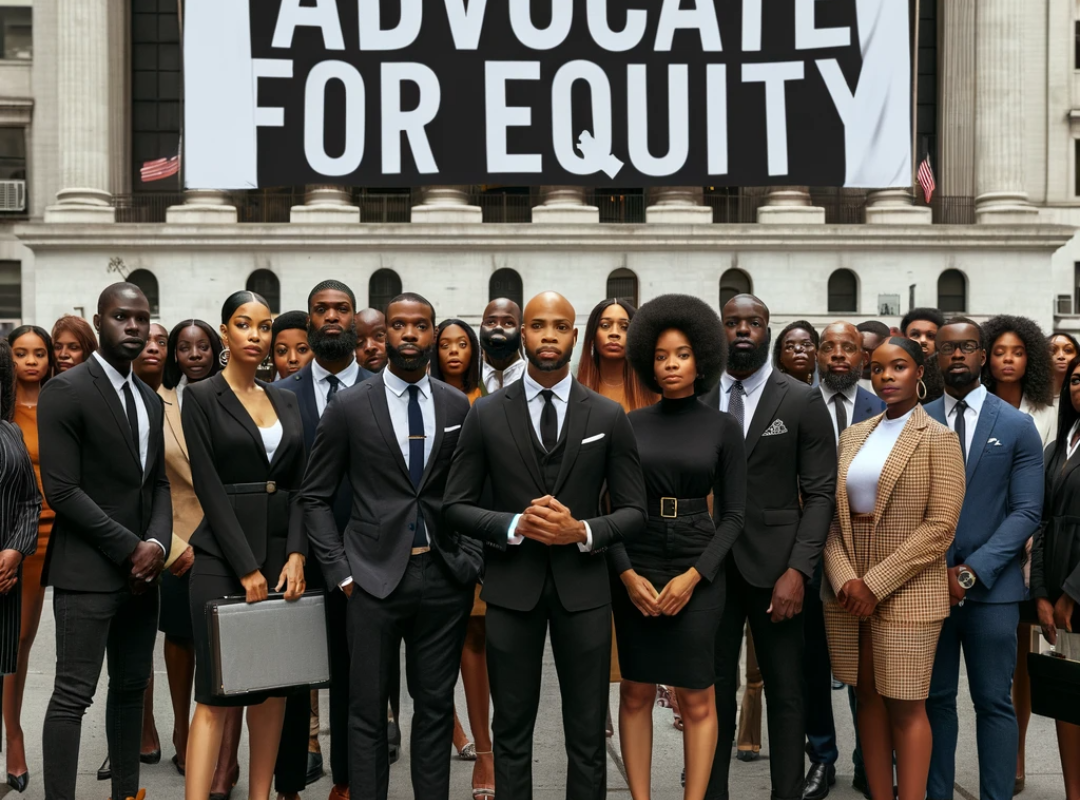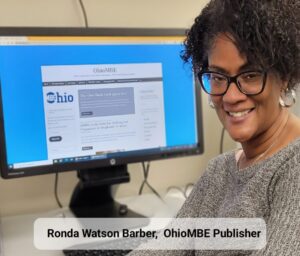
By Ronda Watson Barber
OhioMBE Publisher
The recent interview with Columbus City Schools’ (CCS) new board president by local media sheds light on the ongoing challenges faced within the district. The discussion did not cover the plight of Black vendors and the inequities they face. This moment of reflection reveals a disheartening yet unsurprising reality: Black-owned businesses continue to navigate a landscape that seems indifferent to their success and sustainability. The district’s approach to engaging with these businesses, despite their significant contributions to the tax base, feels reminiscent of taxation without participation—a situation that is both unacceptable and in dire need of change.
The silence and lack of action following my outreach to the entire elected board last year, on Martin Luther King Jr. Day, underscore a systemic issue that goes beyond mere oversight. It reveals a concerning pattern of neglect toward legislation and administrative policies that fail to include Black businesses. There is no intentionally on during business with Black vendors, who are taxpayers. This neglect not only undermines the potential for growth and equity within our community but also contradicts the principles of diversity and inclusion that CCS purports to uphold.
The lack of diversity among staff—particularly the dominance of white males from rural areas with limited concern about the needs of Black students and their familes, paints a troubling picture of the district’s commitment to its community. This situation is exacerbated by the absence of Black professionals in trades positions, highlighting a broader issue of exclusion and a slow response to communications that further alienates Black vendors.
The leadership challenges within CCS, particularly regarding the role of the Chief Operating Officer (COO), directly impact Black vendors. The COO’s failure to provide dedicated administrative support to the sole Outreach Coordinator of the LEDE program is particularly egregious. This lack of support has left the Outreach Coordinator to fend for herself. She spends a majority of her time battling district officials to honor their inclusion policy. This struggle highlights a blatant disregard for the efforts of those committed to enhancing the district’s engagement with Black businesses and calls for an immediate leadership overhaul.
The vendor registration process presents significant barriers for Black vendors, notably the requirement for general liability insurance, which adds an unnecessary hurdle to their participation. Additionally, the practice of awarding purchasing contracts to entities outside the district, which do not contribute to the tax base, further disenfranchises Black LEDE vendors. These vendors, burdened by high tax bills, rightfully expect first consideration for projects. Giving contracts to entities that do not contribute to the tax base or employ local residents intensifies the difficulties encountered by Black vendors and compromises the financial health of Black businesses in Columbus.
The initiation of a Minority Business Enterprise (MBE) program within CCS could significantly address these disparities, promoting equity in district purchasing and ensuring fair opportunities for Black vendors. This initiative, alongside revisiting policies that disadvantage local Black LEDE vendors, is essential for fostering an inclusive and equitable environment for all businesses, especially those owned by Black entrepreneurs.
The reflections spurred by the new board president’s interview are not merely observations; they are a clarion call for action. As CCS moves forward, it is imperative that the district takes meaningful steps to support Black-owned businesses. This includes providing dedicated administrative support and staffing to the Outreach Coordinator, who plays a crucial role in advocating for and implementing the district’s inclusion policy. The time for change is now. Let’s ensure that CCS becomes a model of inclusivity and equity, demonstrating the value and importance of Black vendors to the community.
just my thoughts…rwb
Discover more from OhioMBE
Subscribe to get the latest posts sent to your email.
